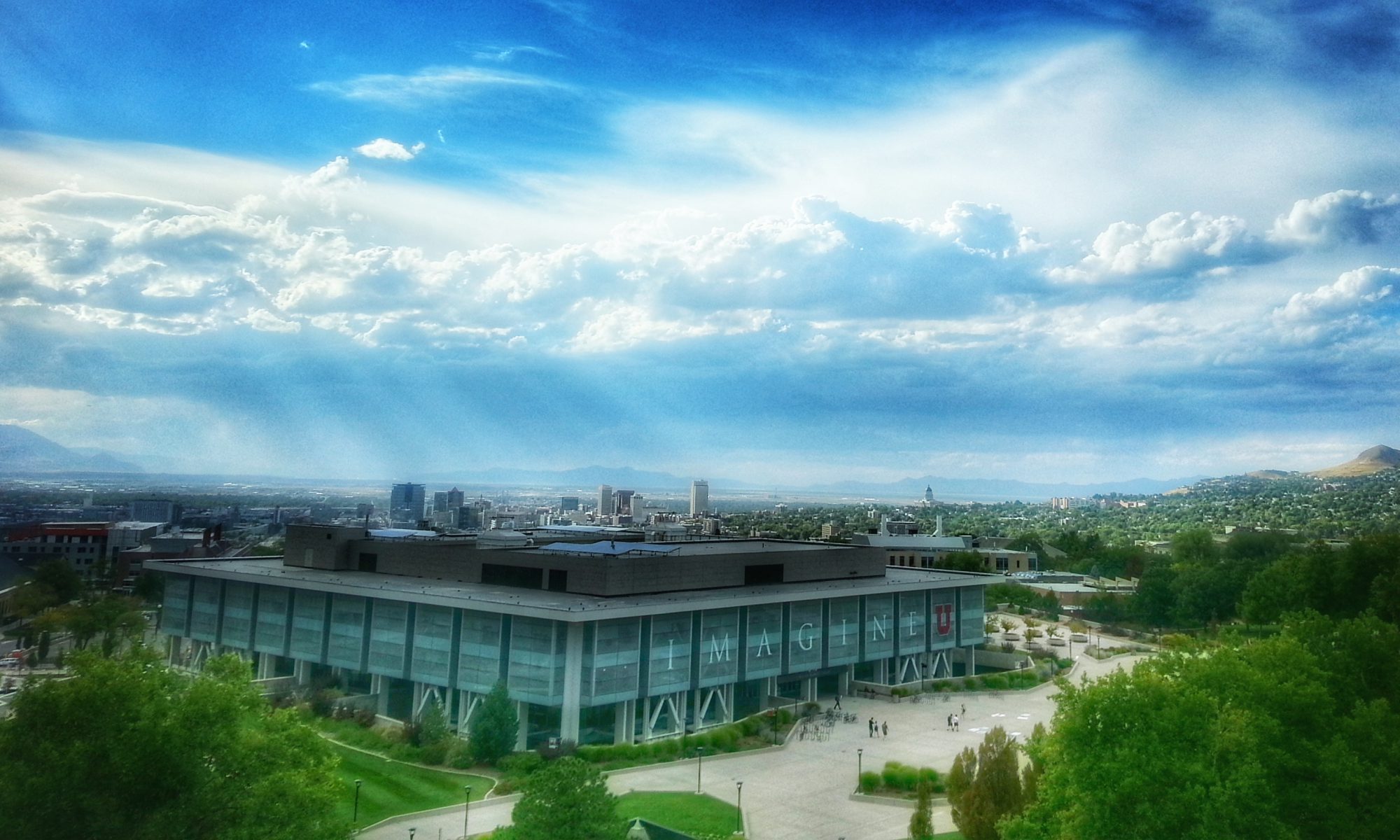LIFE MEETING THE NEED OF MAN’S EVERY CASE
The Need Of The Immoral –
Life’s Satisfying (2)
Verses:
John 4:15-34
15The woman said to Him, Sir, give me this water so that I will not thirst nor come here to draw.
16 He said to her, Go, call your husband and come here.
17 The woman answered and said, I do not have a husband. Jesus said to her, You have well said, I do not have a husband,
18 For you have had five husbands, and the one you now have is not your husband; this you have said truly.
19 The woman said to Him, Sir, I perceive that You are a prophet.
20 Our fathers worshipped in this mountain, yet you say that in Jerusalem is the place where men must worship.
21 Jesus said to her, Woman, believe Me, an hour is coming when neither in this mountain nor in Jerusalem will you worship the Father.
22 You worship that which you do not know; we worship that which we know, for salvation is of the Jews.
23 But an hour is coming, and it is now, when the true worshippers will worship the Father in spirit and truthfulness, for the Father also seeks such to worship Him.
24 God is Spirit, and those who worship Him must worship in spirit and truthfulness.
25 The woman said to Him, I know that Messiah is coming (He who is called Christ); when He comes, He will declare all things to us.
26 Jesus said to her, I, who speak to you, am He.
27 And at this His disciples came, and they marveled that He was speaking with a woman; yet no one said, What are You seeking? or, Why are You speaking with her?
28 Then the woman left her waterpot and went away into the city, and said to the people,
29 Come, see a man who told me all that I have done. Is this not the Christ?
30 They went out of the city and came to Him.
31 In the meantime, the disciples urged Him, saying, Rabbi, eat.
32 But He said to them, I have food to eat that you do not know about.
33 The disciples therefore said to one another, Has anyone brought Him anything to eat?
34 Jesus said to them, My food is to do the will of Him who sent Me and to finish His work.
Ministry Excerpts:
THE WAY TO TAKE THE LIVING WATER
In John 4:15-26 we see the way to take the living water. The living water is good, but if we do not have a way to take it, it means nothing to us. What good is it to have something marvelous and excellent in the heavens if we cannot reach it? But here we find the living water and the way to take it.
The Sinner Asked for the Living Water
The Samaritan woman was attracted and asked the Lord for the living water. “The woman said to Him, Sir, give me this water so I will not thirst, nor come here to draw” (4:15). The Lord was a good preacher. He seemed to say, “If you knew who I am and if you knew God’s gift, and if you knew the living water that I give, you would certainly ask for it.” The woman asked for it immediately. In our foolish talk with people, the more we talk, the more we keep them away. But the Lord Jesus spoke very briefly and the woman was attracted and asked for the living water.
To Repent of and Confess Her Sins—“Husbands”
When the woman asked the Lord for the water, He did not rebuke her, telling her to repent and make a thorough confession of her sins. No, the Lord spoke softly and gently, saying, “Go, call your husband and come here” (4:16). The Lord seemed to be saying, “I want your husband. You ask Me for the living water, and I ask you for your husband. Let us trade. You trade your husband for the living water.” This word was intended to touch her conscience with her immoral history that she might repent of her sins. “The woman answered and said, I don’t have a husband. Jesus said to her, You have well said, I don’t have a husband; for you have had five husbands, and the one you now have is not your husband; this you said truly.” Did the woman lie or tell the truth? It was a truth, yet it was a lie. She told a lie by speaking the truth. It was a truthful lie. This is the deceptive nature of fallen man. However, the Lord was gentle with her and did not rebuke her. He even appreciated her, saying, “You have well said, I don’t have a husband; for you have had five husbands, and the one you now have is not your husband; this you said truly” (4:17-18). The woman said to him, “Sir, I see that you are a prophet.” The Lord’s words frightened her. She seemed to say, “Isn’t this man a Jew? He has never lived in our town. How did he get to know my background? Who told him that I had five husbands and that the one I have now is not my husband?” This is the way to have a gospel talk. Do not talk vainly to people, but touch their conscience, not in the way of rebuking them, but in the way of unveiling them. By the Lord’s gracious and wise words that woman’s conscience was touched. The proper way to minister the gospel is to touch people’s conscience.
What do her husbands signify? They signify anything that is other than Christ. Anything outside of Christ may become sinful. If we depend upon anyone or anything other than Christ, that may be quite sinful. The husbands of the Samaritan woman became the history of her whole sinful life. As we have seen, the Lord touched her sinful history in a very wise way. He did not condemn her sinfulness as a sinner or legally make her repent and confess her sins practically as some evangelists would. Since the Lord knows everything, He simply touched her conscience by asking her to bring her husband. By this way, the Lord helped her to confess her sins and repent.
To Contact God the Spirit
Listen to the Lord’s words about the matter of worship. “Jesus said to her, Woman, believe Me, an hour is coming when neither in this mountain nor in Jerusalem shall you worship the Father. You worship that which you do not know; we worship that which we know; for salvation is of the Jews. But an hour is coming, and now is, when the true worshippers shall worship the Father in spirit and reality; for the Father seeks such to worship Him. God is Spirit; and those who worship Him must worship in spirit and reality” (4:21-24). This word was given to instruct her regarding the need for exercising her spirit to contact God the Spirit. To contact God the Spirit with her spirit is to drink the living water, and to drink the living water is to render real worship to God.
In typology, the worship of God should be (1) in the place chosen by God to set His habitation there (Deut. 12:5, 11, 13-14, 18), and (2) with the offerings (Lev. 1—6). The place chosen by God for His habitation typifies the human spirit, where God’s habitation is today—Ephesians 2:22, “an habitation of God through the spirit” (KJV), should read “a dwelling place of God in spirit.” The offerings typify Christ; Christ is the fulfillment and reality of all the offerings with which the people worshipped God. Hence, when the Lord instructed her to worship God the Spirit in spirit and reality, it meant she should contact God the Spirit in her spirit instead of in a specific place, and through Christ, instead of with the offerings, for now, since Christ the reality has come (vv. 25-26), all the shadows and types are over. The Lord Jesus told the Samaritan woman that God is Spirit, that worshipping God means to contact Him, and that contacting Him is not a matter of place, but a matter of the human spirit.
When He said, “An hour is coming and now is,” it meant that the age had changed. In the past, according to the Law of Moses, God ordained that His people worship Him at a specific place where He would establish His habitation with His name (Deut. 12:5). All of God’s worshippers had to go to that unique place. That was a type. Now the age has been changed, and the type is fulfilled. Typically speaking, the place of worship should not be a place any longer; it must be the human spirit, where God is going to set up His habitation with His name. Where is the unique place for God’s people to worship Him today? It is our human spirit. According to Ephesians 2:22, God’s habitation is in our spirit.
To Believe That Jesus Is the Christ That She May Have Life Eternal
Now we come to the last aspect of the way to take the living water—believing that Jesus is the Christ. When the Samaritan woman heard the Lord’s answer to her question about worship, she still tried to turn away to another subject saying, “I know that Messiah is coming, He who is called Christ; when He comes, He will declare all things to us” (4:25). She seemed to be saying, “You are telling me so many things, but we are waiting for the Messiah to come. When He comes, He will manifest everything.” What an excuse! Then the Lord answered her, “I who speak to you am He” (4:26). By this word, Jesus led her to believe that He is the Christ in order that she might have eternal life (20:31). We see from verse 29 that she believed. Although the Samaritan woman tried every way to escape the Lord, He, in His wisdom, caught her. Never try to escape the hand of the Lord. The Samaritan woman was convinced, believed in Him, and received the living water. There was a great change in her life. She was such an immoral person, but was still under the influence of religious tradition, taking care of yes or no, here or there, this way or that way. She was absolutely in a death situation. However, the Lord touched her and turned her from death to life. Undoubtedly, she was under the tree of knowledge, but the Lord turned her to the tree of life. He changed her death into life eternal.
The Sinner Believed, Was Satisfied, Left Her Preoccupation, and Testified
After the woman heard that the Lord Jesus was the Christ who was coming, she believed. There was a great change in her life. She left her waterpot, went into the city, and gave a living testimony to the people. This testimony brought in a marvelous harvest (4:28-42).
The picture in John 4 also shows us that after the woman contacted Christ, she gave up everything. She left both the well and the waterpot. She left everything and went into the city to tell the people about Christ, which means that once she contacted Christ, she gave up everything in order to have only Christ as her satisfaction. When she told the people in the city, “Is this not the Christ?” she recognized that He was the Christ. In the eyes of God, she had Christ already and was bringing Christ to her people. What a testimony! It is only when we contact Christ, recognize Christ, and receive Christ that we can be satisfied. Then spontaneously we shall give up everything that is other than Christ.
(Life-study of John, msg. 12)




